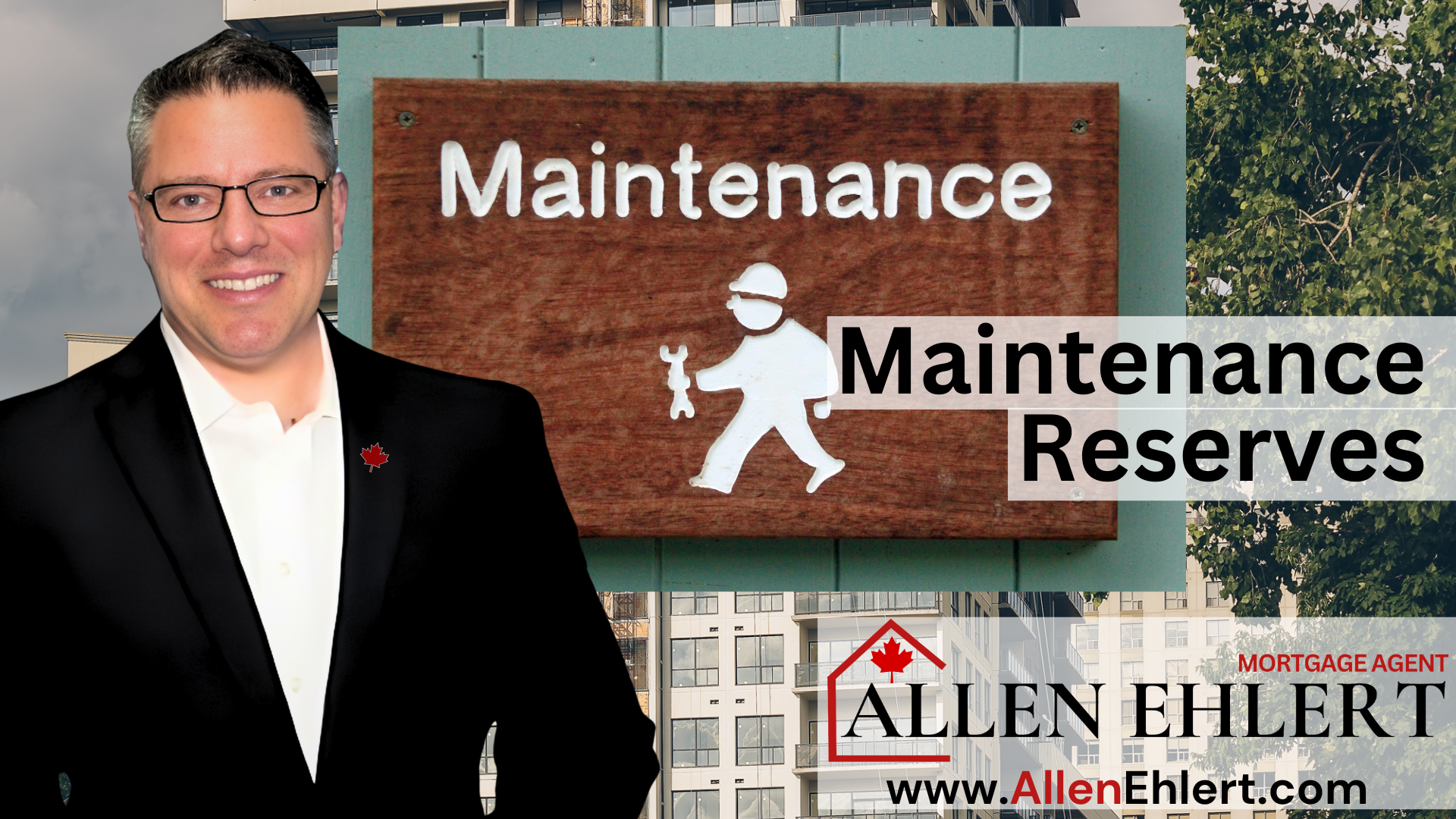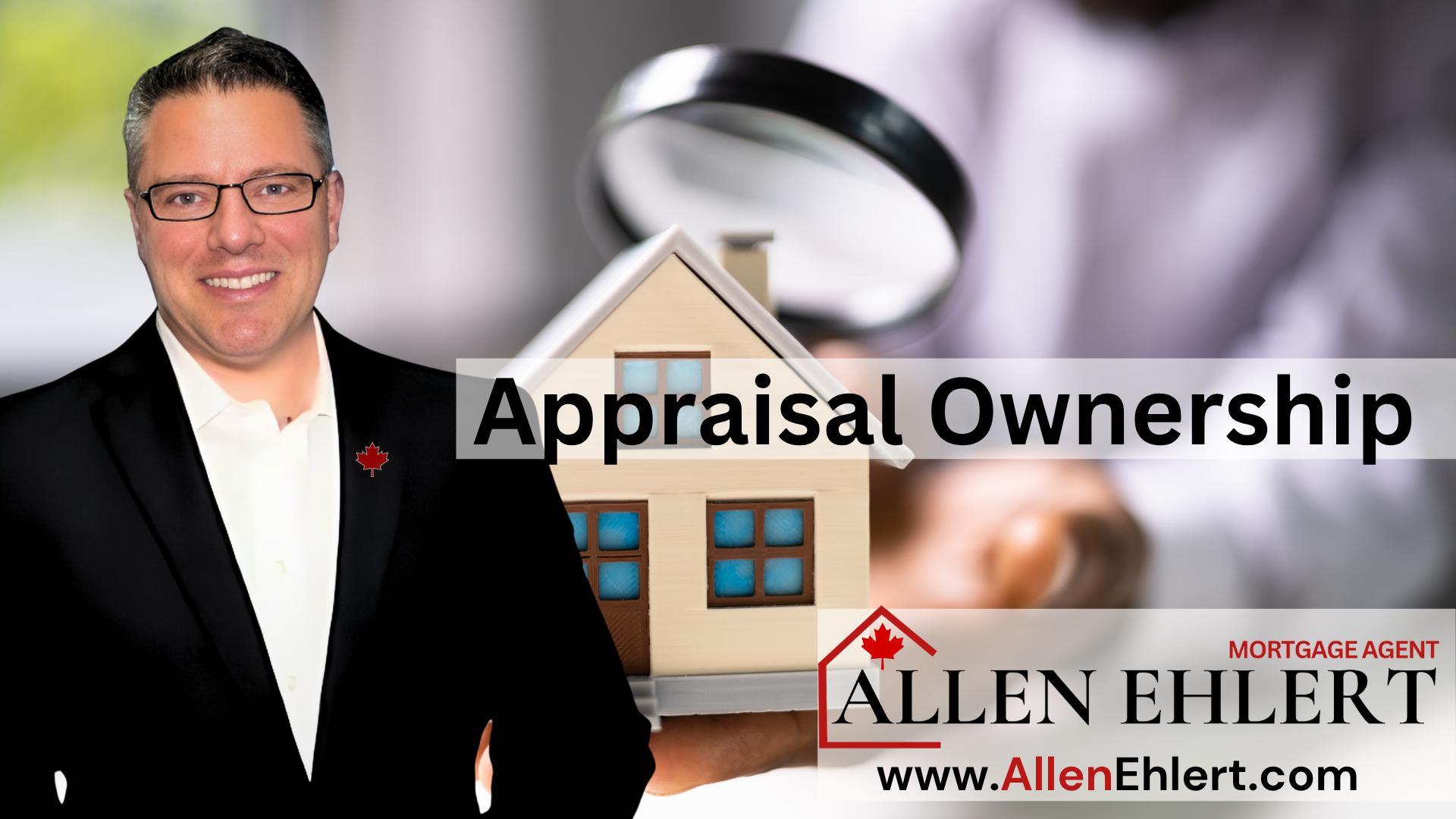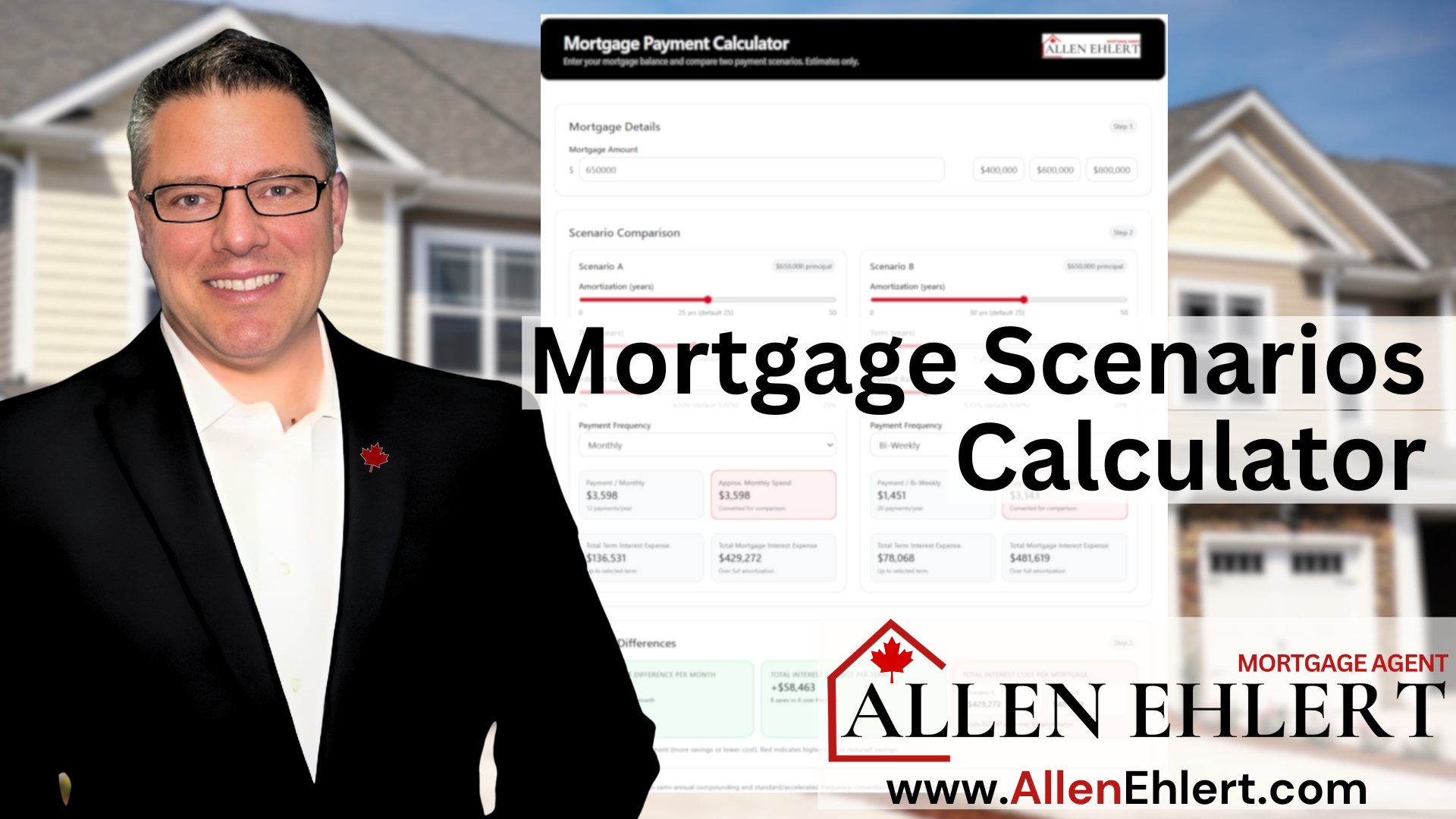… Here’s What Lenders Really Think About Your Income
If you’re earning your keep on commission — whether you’re slinging homes, closing car deals, or working your tail off in any other commission-heavy gig — you already know that explaining your income isn’t always simple. Some months you’re flush; others, not so much. But when it comes to getting a mortgage, how you get paid matters just as much as how much you get paid. Different lenders look at commissioned people through different lenses, and knowing the rules of the game can make all the difference.
In this article, we’ll take a walk through the types of lenders and what each one is really looking for from someone in a commission-based career. This isn’t guesswork — this is the kind of inside knowledge that can help you get your mortgage approved with less frustration and fewer surprises.
Here’s what I’ll cover:
Big Banks: The Conservative Crowd
Credit Unions: The Relationship Builders
Monoline Lenders: The Broker’s Playground
Alt-Lenders: The Flexible Middle Ground
Private Lenders: The No-Nonsense Option
Real-World Examples: How Realtors and Commissioned Clients Can Prepare
How I Can Help: Your Commission Income Advocate
Big Banks: The Conservative Crowd
When it comes to mortgage lending, the big banks play it by the book. They like their clients to be predictable, steady, and easy to fit into neat little boxes. For commissioned folks, that means two full years of income history, tax documents that match, and no big surprises.
They’ll want:
- Your T1 Generals for the past two years
- Notices of Assessment (NOAs) showing no taxes owing
- Proof of consistent, stable income
- Possibly letters of employment confirming how your commission is structured
If your income goes up and down like a yo-yo, they’ll simply average it. And if there’s a downward trend? That’s a red flag.
Banks aren’t scared of commission income. In fact, they lend to plenty of realtors, mortgage agents, financial advisors, and sales reps every day. But banks are risk-averse and policy-driven. If your income doesn’t fit neatly into their guidelines, they’ll say no — even if you’re making great money, which is why many people working in sales go elsewhere. If a big bank says no, there are plenty of other lenders who understand commission income better or are more flexible in how they look at your file.
Credit Unions: The Relationship Builders
Credit unions are the friendly neighbours of the lending world. They care about relationships, not just numbers. Yes, they’ll also ask for two years of income proof, but if you’ve been banking with them, saving diligently, and showing good money habits, they’re often more willing to take a “common-sense” view.
They’ll look at:
- Your business trends
- Your deposits and bank activity
- The story behind your numbers
Sometimes they’ll even accept alternative documentation like bank statements if it helps paint a clearer picture.
Monoline Lenders: The Broker’s Playground
Monoline lenders — like First National, MCAP, and RFA — don’t have branches. They work exclusively through brokers like me, and they’re often a great fit for commissioned professionals because they’re more familiar with complex income files.
They’ll still want to see:
- 2 years of income proof via tax returns
- CRA compliance (no taxes owing)
- Consistency over volatility
The difference? They tend to be a bit more flexible than the big banks especially if you have someone like me who knows how to package the file properly. Even better news, they often have the best rates around!
Alt-Lenders: The Flexible Middle Ground
Alt-lenders — think Home Trust, Equitable Bank, or Haventree — are where you go when life doesn’t fit the traditional mortgage box. Maybe your income fluctuates wildly, maybe you’ve got a bit of bruised credit, or maybe your taxes aren’t quite up to date. These lenders are more focused on the big picture: do you have enough cash flow to make the payments?
They might only need:
- 6 months to a year of income proof
- Bank statements to show deposits
- A plan for any taxes you owe
They charge a bit more for the flexibility, but they open doors that big banks slam shut.
Private Lenders: The No-Nonsense Option
Private lenders are about one thing: the property and the equity. They’re not losing sleep over whether you’re paid commission, salary, or cash under the table. As long as the numbers make sense and there’s enough skin in the game (your down payment or equity), they’re in.
They’ll ask:
- Can you make the payments?
- Does the property make sense?
- Is there enough equity if things go sideways?
Commissioned income is practically a non-issue for these lenders.
Real-World Examples: How Realtors and Commissioned Clients Can Prepare
Meet Jen, the Realtor
Jen’s been in real estate for four years. Her first two years were slow ($50K, then $70K), but the last two have been strong ($110K, $125K). She wants to upgrade her home, but her bank’s average income calculation is holding her back.
I help Jen by steering her toward a monoline lender who can see her most recent two years as stable growth, not volatility. I build her file to show consistency, savings, and a solid track record. Outcome? Approved, no stress.
Meet Dan, the Sales Rep
Dan’s in commissioned sales and had a tough year during COVID. His last two years show $80K and $95K, but this year he’s already on track for $130K. His NOAs aren’t telling the full story.
We look at alt-lenders who are happy to see his bank statements, commission reports, and deposits. Dan gets his mortgage now, not three years from now.
How I Can Help: Your Commission Income Advocate
Here’s where I come in — because let’s be honest, navigating lenders as a commissioned professional isn’t easy on your own. You need someone who knows how to:
- Position your income in the best light
- Present your file to the right lenders
- Anticipate questions and concerns before they become dealbreakers
I work with banks, credit unions, monolines, alt-lenders, and privates — and I know who’s commission-friendly and who isn’t. Whether you’ve got two clean years of T1s or you’re piecing things together with bank statements and a smile, I can help guide you to the right solution.
Allen’s Final Thoughts
Being on commission doesn’t make you less qualified to own a home — it just means you need a mortgage strategy that fits how you earn. Different lenders play by different rules, and the trick is knowing which door to knock on.
If you’re a realtor, a sales rep, or anyone earning commissions, let’s make sure you’re not spinning your wheels applying where you won’t get approved. I’ll help you build a plan, gather the right documents, and position your application for success — whether you’re buying, refinancing, or just getting your pre-approval ducks in a row.
Your income might fluctuate, but my commitment to helping you doesn’t. Let’s get you where you want to go.
Reach out anytime — I’m here to make this easy.












